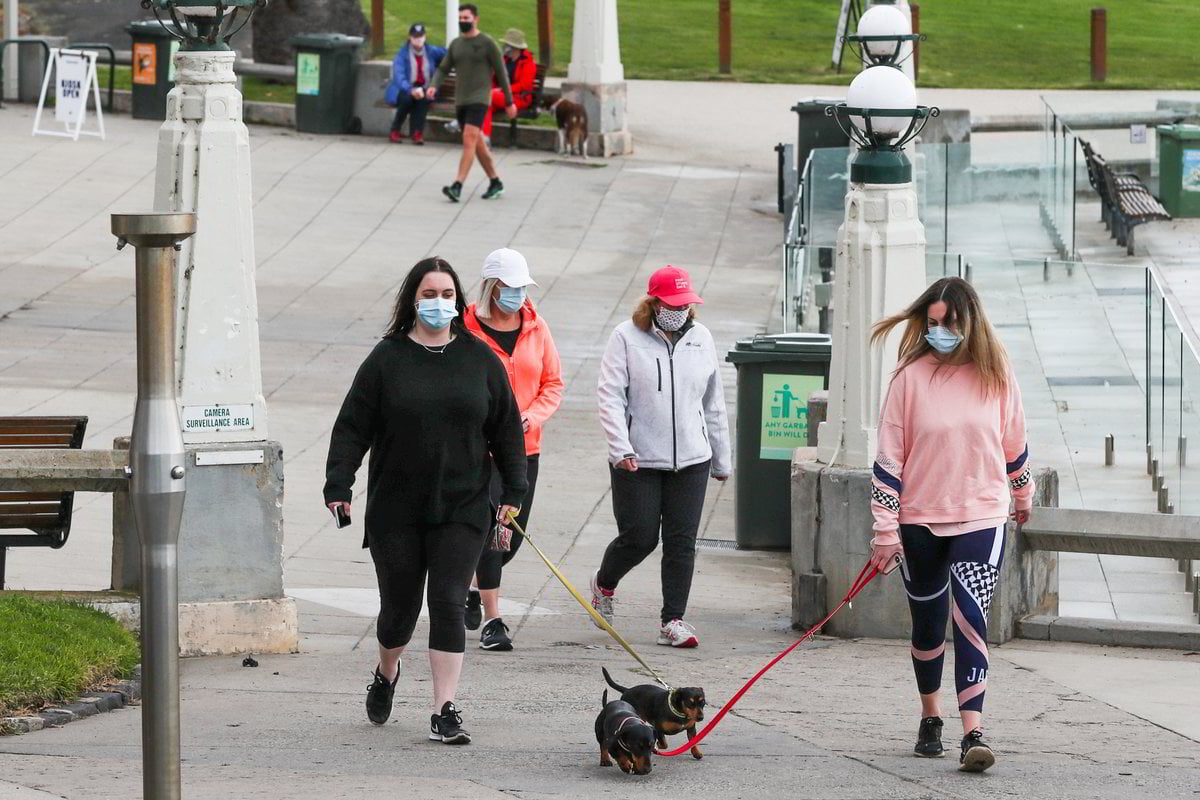
Melbourne's peak of cases has passed, authorities say.
Victoria is showing promising signs the worst of their COVID-19 second wave has passed, but authorities warn a drop in deaths is likely just a blip.
On Sunday, Victoria recorded 279 new cases of COVID-19 and 16 deaths in the past 24 hours, their second-lowest daily tally this month after Thursday's 278.
#Covid19VicData for 16 August 2020.
— VicGovDHHS (@VicGovDHHS) August 16, 2020
279 new cases of #coronavirus (#COVID19) detected in Victoria in the last 24 hours. We are sad to report there have been 16 deaths.
More detail will be provided this afternoon. pic.twitter.com/a3AAzEdxhl
On Saturday, the state recorded four deaths and 303 new cases on Saturday.
Case numbers are gradually decreasing, with the seven-day average down to 344 from 521 the week prior.
But authorities say more progress is needed before stage four and three lockdown restrictions can be eased for Melbourne and regional Victoria.
